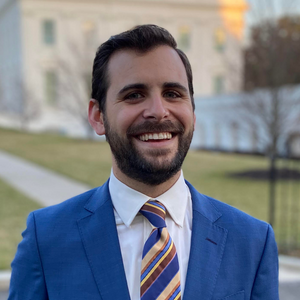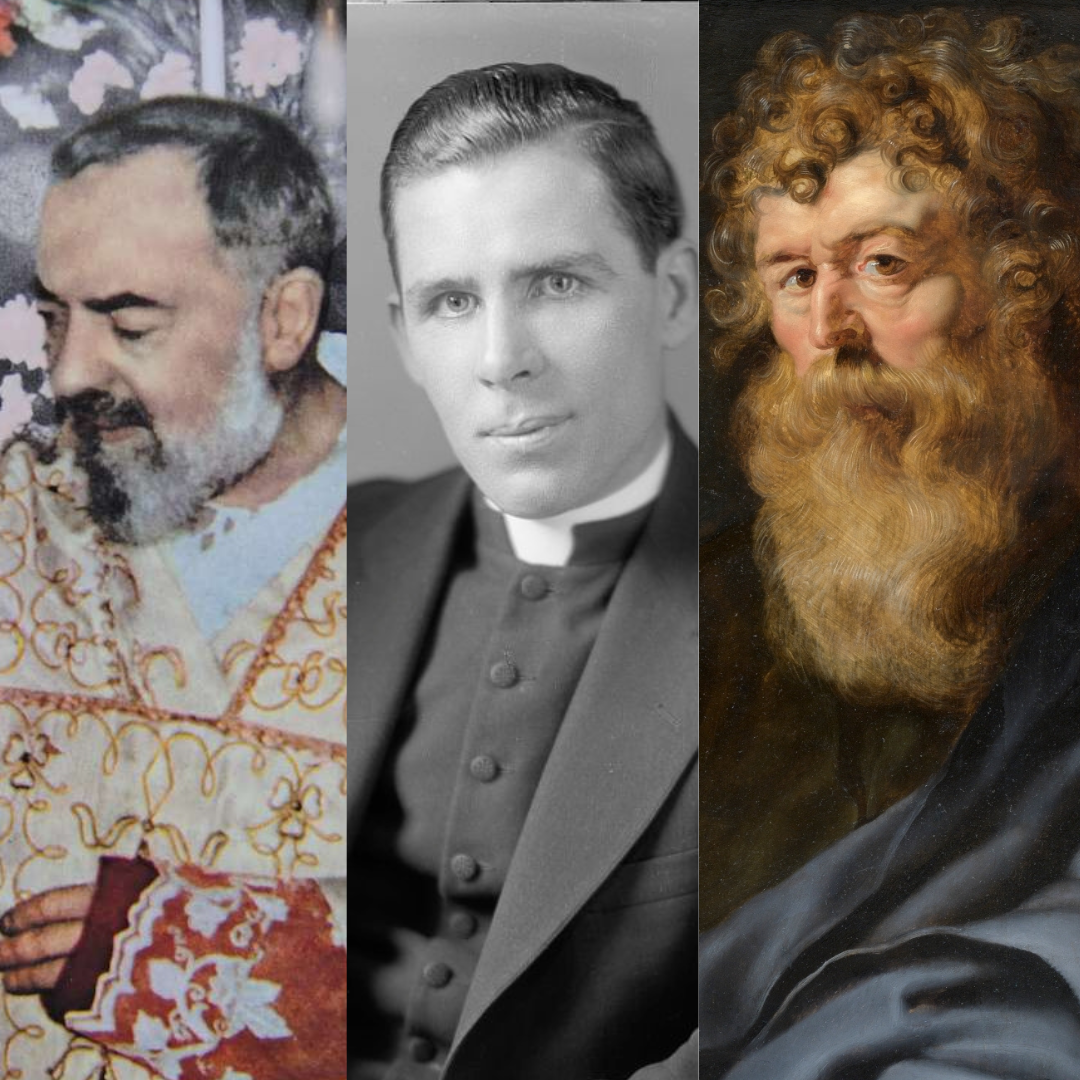The Catholic faith is filled with paradoxes: blessed are those who are persecuted, suffering brings glory, humility is stronger than pride.
To the world, these paradoxes seem foolish.
But with the power of God, Christians know that “the foolishness of God is wiser than men, and the weakness of God is stronger than men.” (1 Cor. 1:25)
Knowing our weakness, God has left us with more than the promises of Scripture. Through the lives of His Saints, He has proven how His ways are greater than ours.
Here’s a look at three saints whose lives of humble obedience reveal the power of God:
1. Saint Paul
There is an often-overlooked story of Saint Paul that starts in Acts 21.
When Paul arrived in Jerusalem, he met with the bishop, Saint James the Greater. Saint James expressed his fear that Paul’s preaching was scandalizing the Judaizers, the early Christians who believed the faithful must follow the Jewish law. So, James directed Paul to go to appease the Judaizer by taking a vow in the temple.
This was not a small request.
Paul had been persecuted by Jews hostile to the Christian faith throughout the empire. And he knew exactly what would happen in Jerusalem (Acts 20:22-23): he would be attacked, maybe beaten, and thrown into prison.
Yet though he was the most eloquent of the Apostles, Paul always submitted himself to the hierarchy of the Church (Gal. 2:2). This circumstance was no different, so he went to the temple.
Paul’s humble submission in the face of suffering not only revealed the level of obedience we are called to as Catholics, but it was also all part of God’s plan.
After a mob surrounded Paul in the temple, the Roman garrison took him into custody. While a prisoner, Paul authored epistles that illuminate Catholic doctrine and have sustained untold numbers of Christians to this very day. Not only that, he was sent to Italy where he helped fulfill God’s plan to make His church not only holy and apostolic, but Roman as well.
2. Saint Padre Pio
Padre Pio is perhaps the most famous saint of the 20th century. His documented miracles profoundly confront the secularism of our age. But when he was alive, senior leaders in the Church were not only skeptical of the padre, but they were also hostile to him.
In part to dissuade the adoring hordes around him, Padre Pio’s superiors suppressed his public ministry so severely that Pio called it his “imprisonment.”
He was ordered to celebrate Mass effectively in private, banned from answering letters from the public, barred from discussing his stigmata, cut off from his close friend and spiritual director, prevented from hearing confessions, and restricted from speaking to lay people. To varying degrees, his trial lasted for over ten years.
Yet because the abuses were committed against him and did not put people’s faith at risk, Padre Pio submitted.
To a friend who proposed blackmailing the Vatican in order to lift the restrictions, Padre Pio said he should “blush for shame and tremble with fear.” At another time, he wrote, “Sweet is the hand of the Church, even when it strikes you.”
Yet Padre Pio ultimately won victory not through man’s ways, but God’s. His obedience, sacrifice, and prayer achieved more than calumny or blackmail ever could.
Eventually, the Vatican realized its error and lifted all restrictions without the padre firing a rhetorical shot. His loving silence won the day.
3. Venerable Fulton Sheen
Fulton Sheen hasn’t formally been declared a saint, but his story is still incredible.
Bishop Sheen is most well-known for his heralded TV program Life is Worth Living and his immense efforts to aid the poor through the Society for the Propagation of Faith (SPF).
At the SPF, he entered a long-running conflict with his direct superior, Cardinal Spellman. Long story short, Spellman received donated dried milk from the government, which he in turn gave to the SPF. Then, Spellman demanded that Sheen pay him millions of dollars for the milk. When Sheen refused, noting Spellman received the milk for free, the cardinal exploded and vowed revenge.
Over the next decade, that’s exactly what Spellman did (a sidenote, sometimes persecution comes for the least important reasons). Sheen was eventually booted from his TV show, removed from the SPF, and sent to run the Diocese of Rochester, a job he was so ill-suited for that he resigned within three years.
Sheen never publicly commented on the matter.
Instead, he saw God’s hand in it all, recognizing that this trial was another form of purification leading him closer to Heaven.
What would have led others to defend their wounded pride instead, with the help of God, became a source of glory.
This article is an excerpt from Alec Torres' and Joshua Charles' book, Persecuted from Within: How the Saints Endured Crises in the Church.


